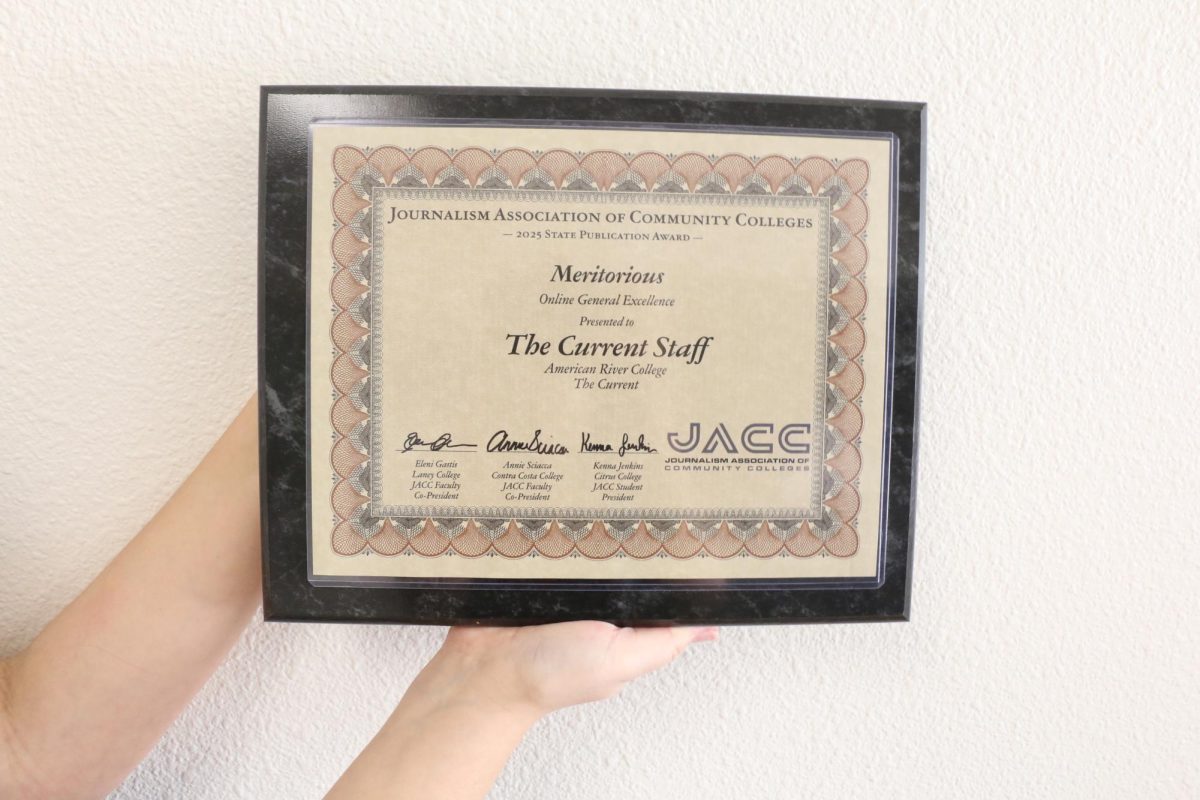A bill that would allow California Community Colleges to suspend or expel students who have committed or threatened to commit violent acts, regardless of whether it occurred on or off campus, was approved by the California Assembly in May.
Assembly Bill (AB) 969 clarifies an existing statute regarding disciplinary action by explicitly stating that colleges may take action against students for violent crimes that occur off campus — a stipulation that would seem to be key for community colleges that don’t have on-campus housing, like American River College.
AB 969, along with AB 967 and AB 968, makes up the College Campus Sexual Assault Legislative Package, which was introduced to the California State Assembly Committee on Higher Education by Assemblyman Das Williams, D-Carpenteria, earlier this year.
Another bill in the package, AB 968, would enable California Community Colleges to have prior knowledge if an applying student had an incident involving sexual assault that resulted in their dismissal from any other college or academic institution through the use of a mandatory permanent notation on the student’s transcript.
The third bill in the package, AB 967, would require colleges to suspend or expel students found guilty of sexual assault for at least two years.
Mitchel Benson, spokesperson for the Los Rios district, said the district has not taken a position on the bill, but that the district is committed to the safety of its students.
“It is important to emphasize that the Los Rios Colleges is committed to a safe and secure environment for our faculty, staff, students and visitors, an environment that eliminates, to the extent possible, the crime of sexual assault on the men and women who study and work on our campuses,” said Benson.
The legislation is the latest in a push to combat the high numbers of sexual assault on college campuses.
The bills were introduced less than a year after the California State Senate unanimously approved the “Yes Means Yes” law, which redefined what sexual consent actually entailed.
“Yes Means Yes” defines sexual consent as “affirmative, unambiguous, and conscious” consent from each party, and aimed to put an end to the difficult nature of prosecuting sexual assault cases among college students.
Regarding the legislative effort, Williams cited data that one in five women and one in seven men will be a victim of sexual assault while in college.
“Sexual violence is a devastating problem that impacts the lives of women, men, and children,” Williams said in a press release. “These crimes often go unreported on college campuses; in large part due to the victim’s belief that authorities will not take action. We must ensure that our campuses are investigating crimes, prosecuting perpetrators, and providing support and resources to victims.”
The package of bills also targets acts of violence or threats, a recurring issue at ARC in recent semesters.







